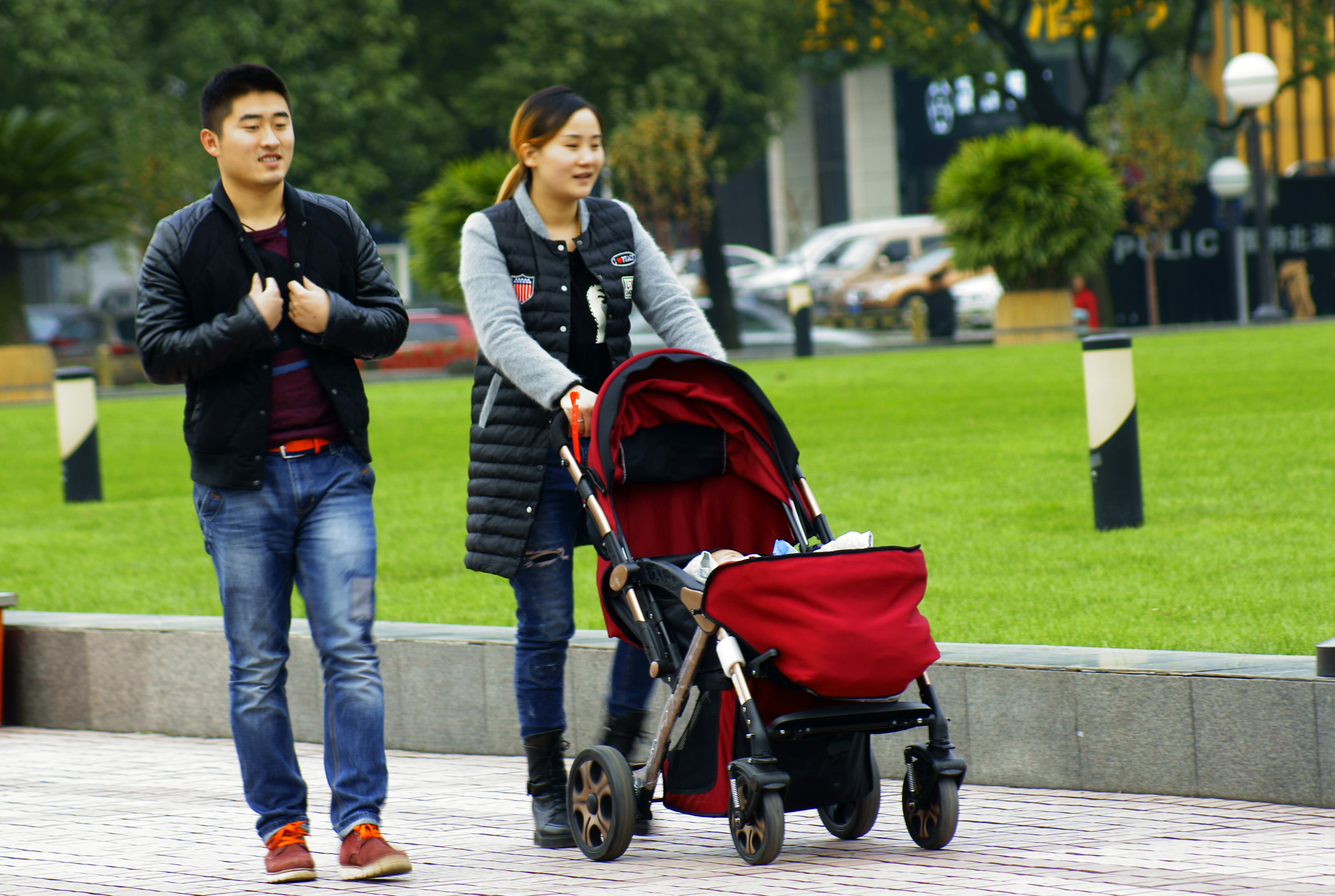Children from one-child families content to have just one offspring
China's first generation to be brought up in one-child families is overwhelmingly content to have no more than one child themselves.
Only 13 percent of the 1980s generation — the first generation of one-child families — show any intention to have a second child now that the nation’s family planning policy has been relaxed to allow couples to do so, a survey released by Fudan University disclosed yesterday.
It is the first such survey specially targeting those born into the one child per family era. The top three reasons for not wanting a second child are cost, limited housing space and lack of time.
The 1980s generation also has a distinctive view on old age. While nearly 90 percent of those surveyed thought they would support their own parents, for themselves, they said they would prefer living on their own or in a nursing home when they became elderly.
Growing up against a background of reform and opening-up, the 1980s generation serves as a link between children of the 1970s, who represent traditional ways, and the 1990s generation that embraces change, said survey organizers.

A couple walk their child in Yichang, Hubei Province in this file photo.
According to the Fudan report, the rate on cohabitation before marriage has risen to 40 percent. About 19 percent of male respondents and 13 percent of females aged between 30 and 34 said they have never been married. Of those who are married, in more than 80 percent of cases, the wives’ education background is equal or higher than that of their husbands. About 80 percent of respondents said their partner matched their own family and economic background. Half of those who were married met their spouses on a blind date organized by their families.
The Fudan Yangtze River Delta Social Transformation Survey has been conducted by the university’s Population and Development Policy Studies Center and Social Science Data Center.
It claims to be the first across-the-board survey aimed at carrying out a statistical study of a specific age group — people born from 1980 to 1989 in the Yangtze River Delta region, including Shanghai, and Jiangsu and Zhejiang provinces which were covered in the survey.
The study covers family life, marriage, employment, income, life style, housing and reproduction. About 1,200 households in Shanghai were surveyed.
Professor Peng Xizhe, director of the policy studies center, said the survey provided a significant contribution to the studies of China’s post-industrialization, urbanization, economic globalization and the aging of population.
Fudan University also said it was planning a “1990s generation” survey.















